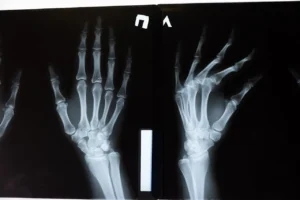
Amidst the escalating challenges posed by environmental pollution and climate change, the World Health Organization (WHO) and the United Nations Children’s Fund (UNICEF) have joined forces to launch a new online course, free of charge, aimed at empowering healthcare providers to safeguard children’s health.
In light of the growing threats to children’s health, development, and future due to pollution and climate change, this initiative seeks to arm healthcare providers with the essential knowledge and resources needed to identify and mitigate these risks effectively.
Dr. Maria Neira, Director of the Department of Environment, Climate Change, and Health, highlighted the alarming statistic that over a quarter of all disease burden among children under 5 years of age is attributed to adverse environmental conditions. She emphasized the urgency to prioritize children’s environmental health to ensure a healthier future for generations to come.
The course delves into various critical aspects of children’s environmental health, including air pollution, climate change, e-waste, lead exposure, pesticides, and other hazards. Participants will gain valuable insights and practical strategies to bolster their capabilities in this vital area of healthcare.
Both UNICEF and WHO underscore the fundamental right of every child to grow up in a safe and healthy environment. By prioritizing children’s environmental health, this right can be upheld, safeguarding the well-being of children worldwide.
George Laryea-Adjei, Director of Programme Group at UNICEF, emphasized the vulnerability of children to environmental dangers due to their developing bodies. He cited lead poisoning as a prime example, which can diminish IQ and escalate violent behavior. Health workers, he stressed, play a crucial role in shielding children from such risks.
The course addresses an urgent need within the healthcare sector, where many providers lack adequate knowledge to identify, assess, and manage environment-related diseases in children. Through tailored training materials and resources, including localized initiatives, healthcare professionals will be empowered to tackle these challenges effectively in their respective contexts.
The WHO/UNICEF collaboration underscores a shared commitment to advancing children’s health and well-being globally. It ensures that healthcare professionals are equipped with the requisite tools and knowledge to protect the most vulnerable members of society.




